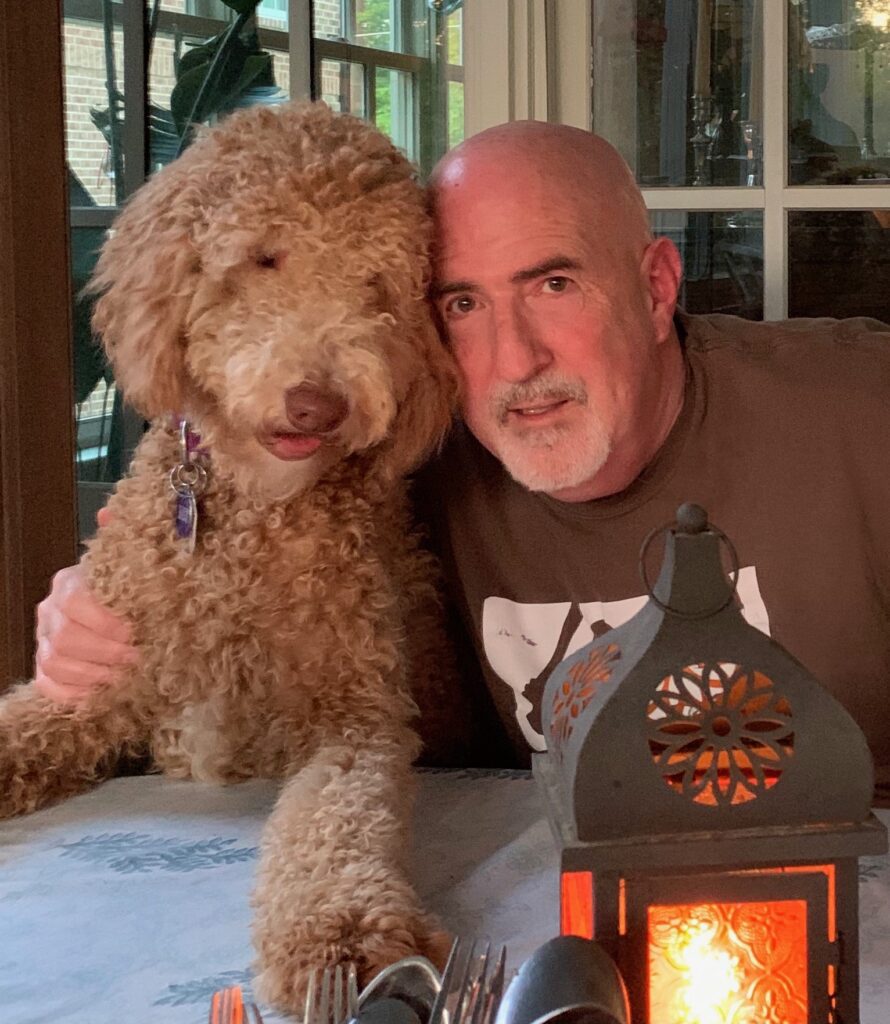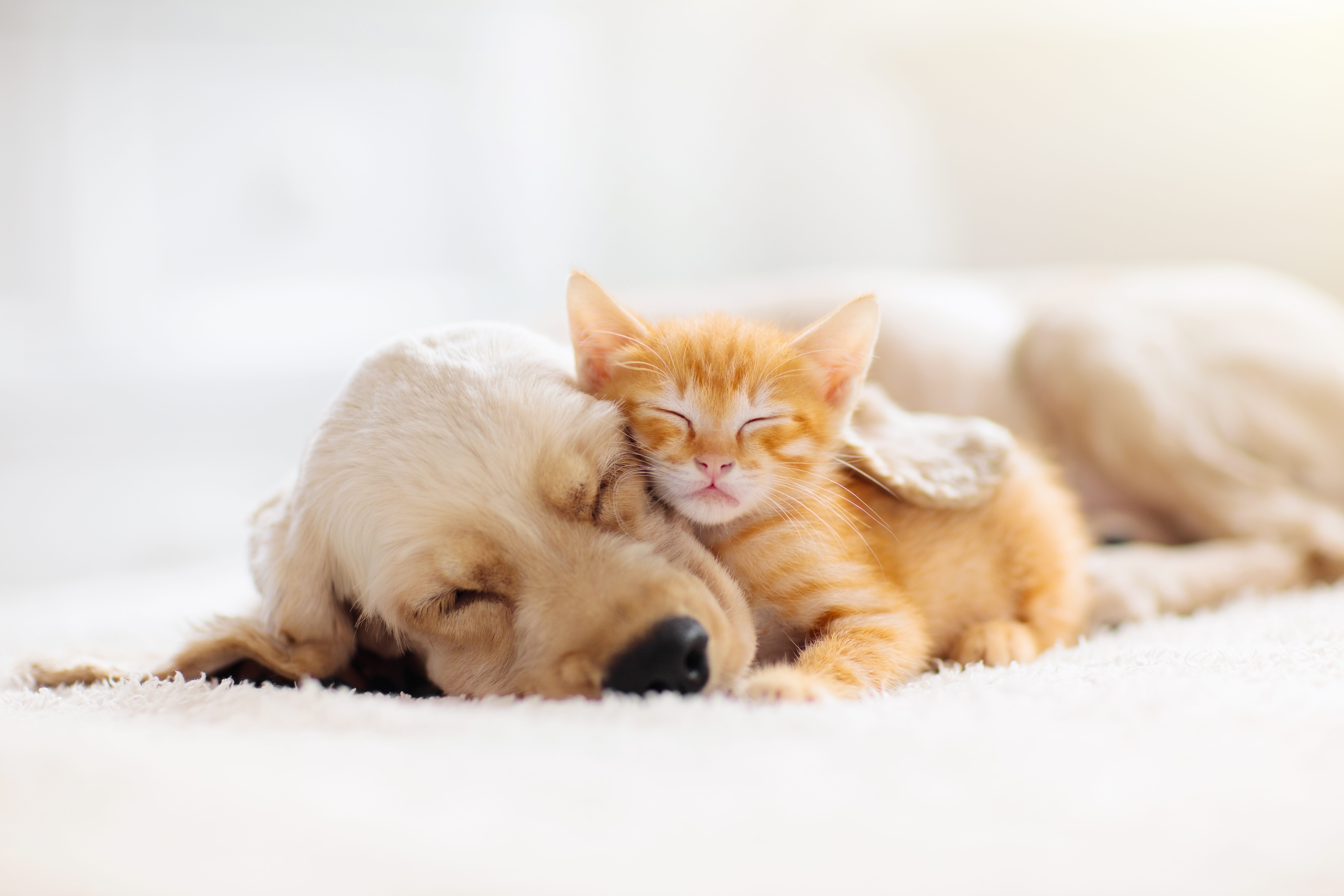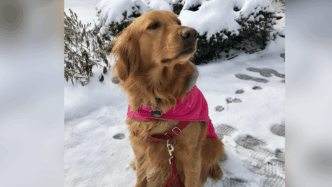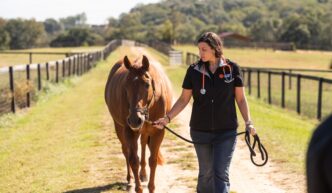It’s National Pet Poison Prevention Week. Pets can be surrounded by dangerous items that they shouldn’t ingest or be exposed to. This includes human food, human medicine and dangerous household products to name a few. This month is dedicated to making sure people know what they can do to prevent and treat pet poisoning.
“Pet poisonings should be addressed as soon as possible by a veterinarian,” said Dr. Steven Marks. “Most poisonings do not have specific antidotes or a one-size-fits all approach and require supportive care from a veterinarian.”
Prevention and preparedness can save time and a life in the event your pet ingests or is exposed to something dangerous.

“Pet parents can be ready for any emergency by knowing where local veterinary care is available at all times of day, especially after hours,” said Marks “I’d recommend saving to your phone the number to several offices that are open during the day and those open on nights and weekends.”
You can also save time by calling the vet before you head to their office.
“It’s important to call the veterinarian’s office ahead of time. That will allow staff time to prepare for your arrival and collect any important information as soon as possible. This is why having the number saved in your phone is such an important time-saver. Don’t forget to bring the container, packaging, or label of any products the pet has been exposed to, added Marks.”
Here are some more prevention tips from Dr. Marks:
• Carefully note in your home which items are dangerous and reduce exposure to them, similar to child-proofing a home.
• Never give medication to your pet without a specific prescription from a Doctor of Veterinary Medicine (DVM). Many drugs that are safe for humans can be harmful to animals. Even those that are safe for pets are given at a much different dosing level.
• Do not initiate any treatment without consultation with a DVM.
According to the Pet Poison Helpline, some of the most commonly ingested toxins for dogs, cats and exotic pets include chocolate, grapes/raisins, garlic, anti-depressants/anti-anxiety medication, Xylitol (found in many sugar-free products), lilies and rodent poison. Cannabis products and other recreational drugs are also incredibly dangerous.







